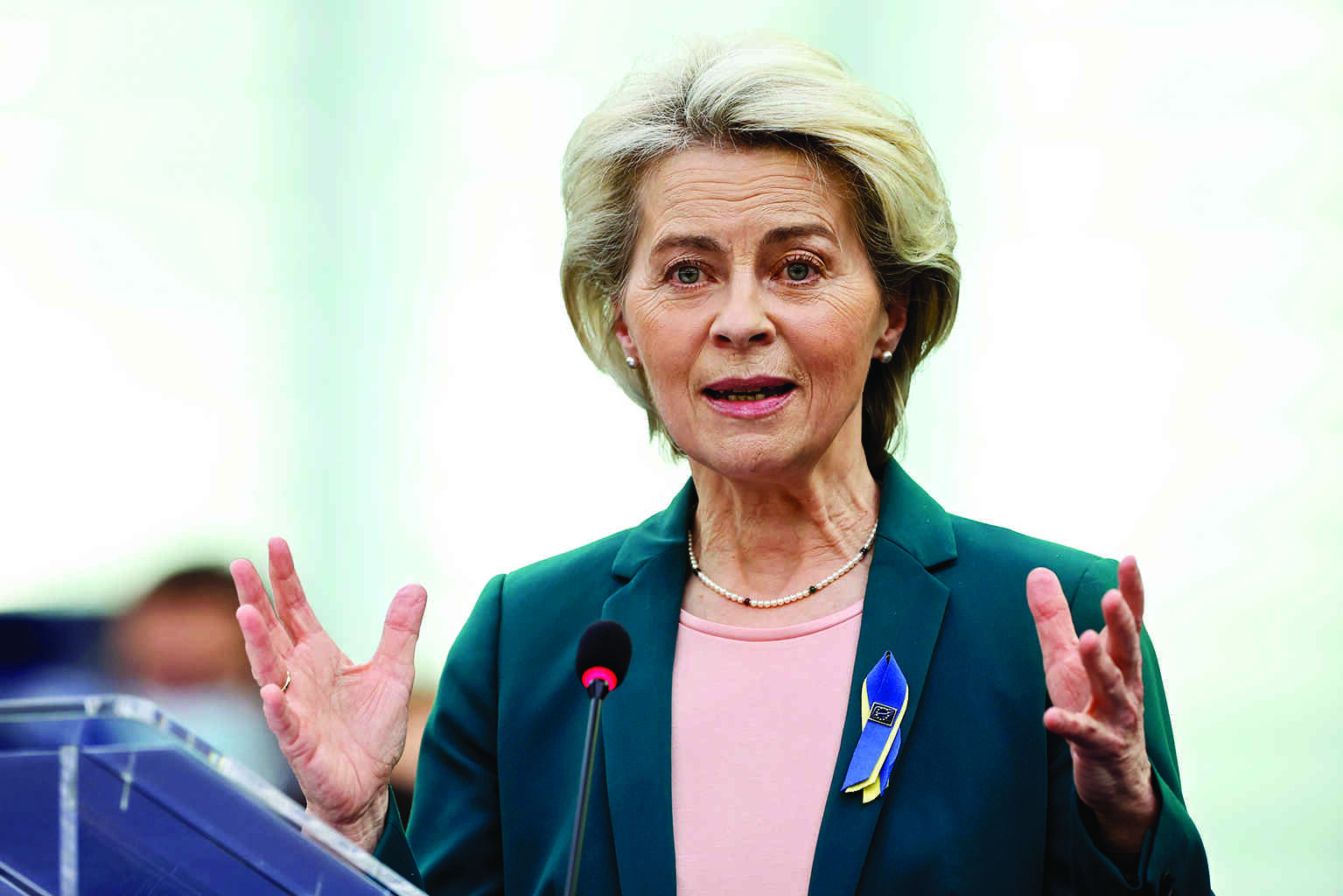EU proposes Russian coal ban

Brussels: The European Union's executive branch proposed Tuesday a ban on coal imports from Russia in what would be the first sanctions targeting the country's lucrative energy industry over its war in Ukraine.
European Commission President Ursula von der Leyen said the EU needed to increase the pressure on Russian President Vladimir Putin after what she described as heinous crimes carried out around Kyiv, with evidence that Russian troops may have deliberately killed Ukrainian civilians.
Von der Leyen said the ban on coal imports is worth 4 billion euros ( 4.4 billion) per year and that the EU has already started working on additional sanctions, including on oil imports.
She didn't mention natural gas, with consensus among the 27 EU member countries on targeting the fuel used to generate electricity and heat homes more difficult to secure.
The EU gets about 40% of its natural gas from Russia and many EU countries, including Germany the bloc's largest economy are opposed to cutting off gas imports.
So far, Europe had not been willing to target Russian energy over fears that it would plunge the European economy into recession. Europe's dependence on Russian oil, natural gas and coal means finding unanimity on energy measures is a tall order, but the recent reports of civilian killings have increased pressure for tougher EU sanctions.
To take a clear stand is not only crucial for us in Europe but also for the rest of the world, von der Leyen said. A clear stand against Putin's war of choice. A clear stand against the massacre of civilians. And a clear stand against the violation of the fundamental principles of the world order.
Other measures proposed by the EU's executive arm include sanctions on more individuals and four key Russian banks, among them VTB, the second-largest Russian bank.
These four banks, which we now totally cut off from the markets, represent 23% of market share in the Russian banking sector, von der Leyen said. This will further weaken Russia s financial system."
If the proposal is adopted unanimously by all 27 EU countries, the new package of sanctions would also ban Russian vessels and Russian-operated vessels from EU ports, with exceptions for essentials such as agricultural and food products, humanitarian aid and energy.
Further targeted export bans, worth 10 billion euros, in sectors covering quantum computers, advanced semiconductors, sensitive machinery and transportation equipment have also been proposed.



